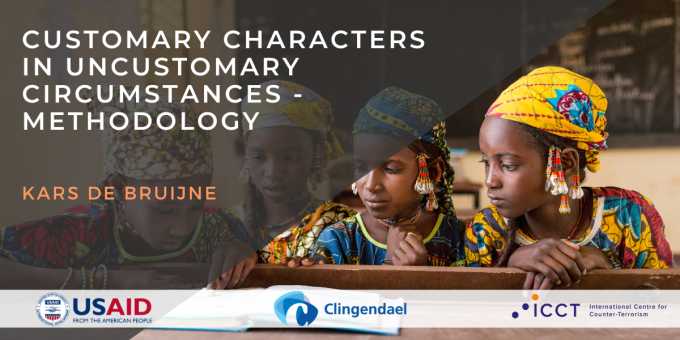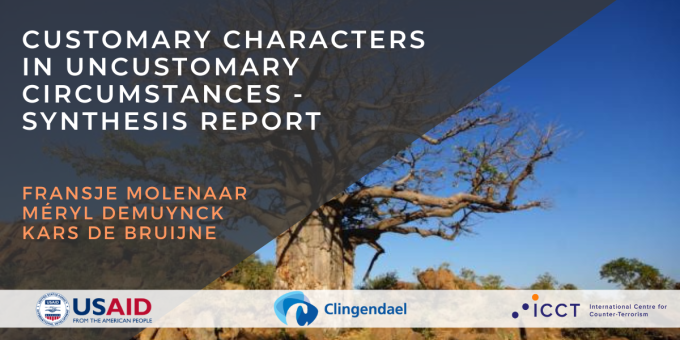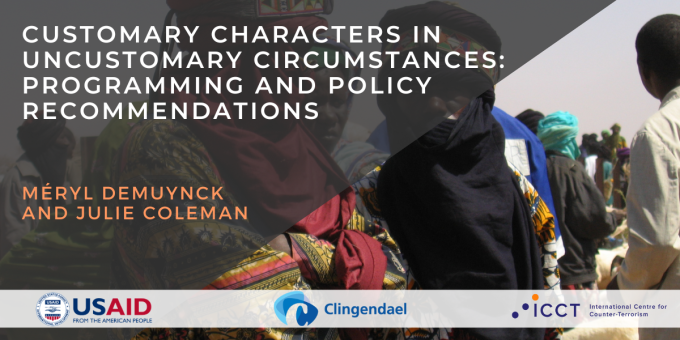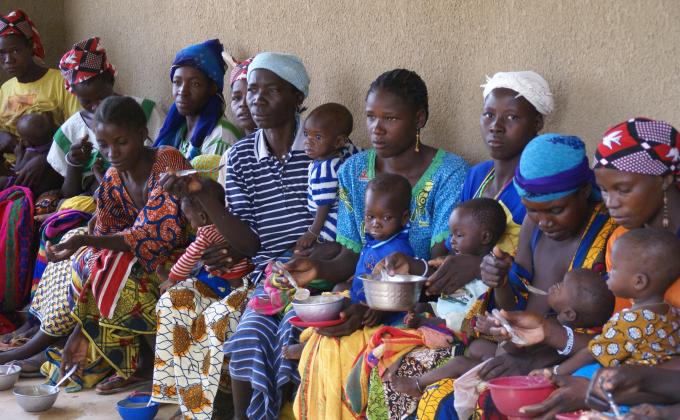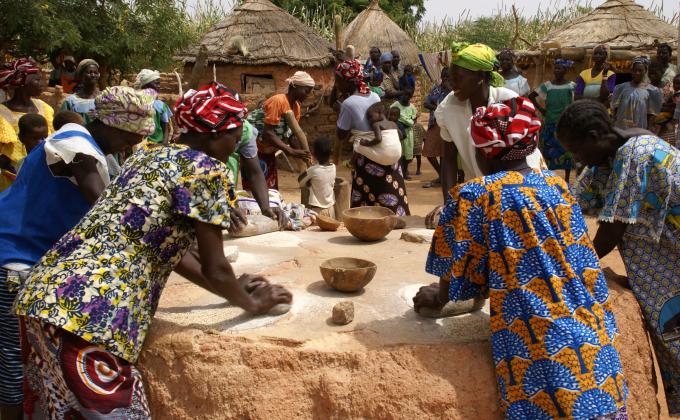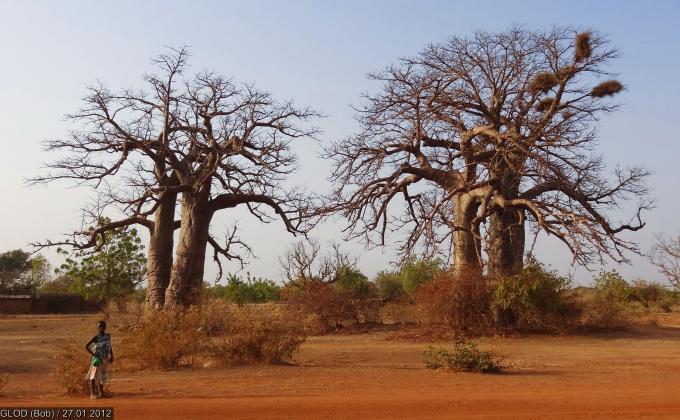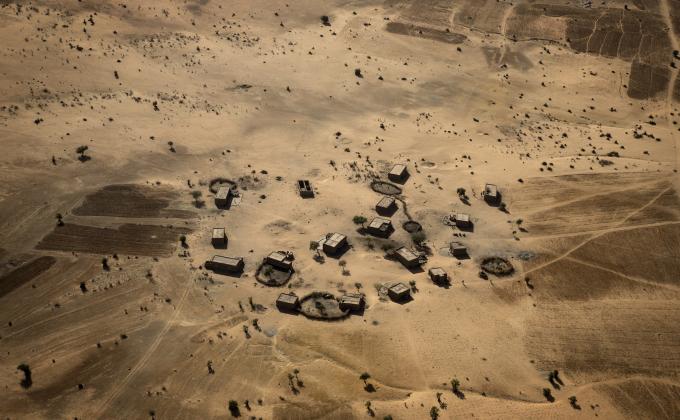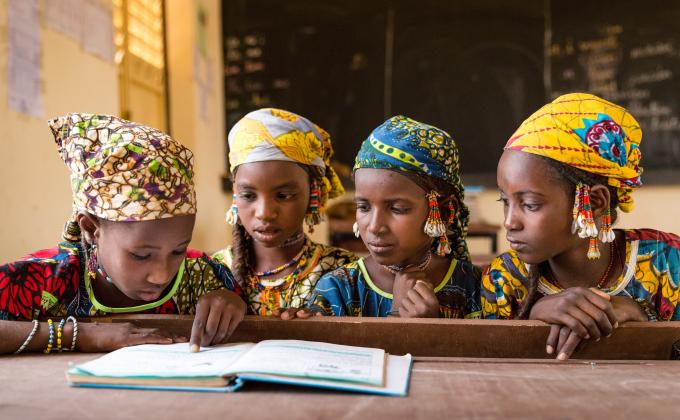Over the past decade, the border regions of Mali, Niger, and Burkina Faso have become the epicenter of violent conflict dynamics, including a dramatic increase in violent extremist activity. In the face of these challenges, the Sahel region’s historical and cultural traditions of tolerance and moderation remain a critical bulwark against violent extremist influence and a solid foundation for efforts to build peace.
To support the development of mechanisms that could help address communal violent extremism (VE) concerns peacefully, this project sought to further the understanding of the role of traditional authorities (TAs) in strengthening and/or weakening community resilience to VE in the Sahel. The project was executed in communities that are currently under threat of violent extremist organisations (VEOs) in the Ménaka and Gao region (Mali), in Tillabéri (Niger), and in the Sahel, Est, and Centre-Nord region (Burkina Faso). Next to being under threat of VEOs, these regions all border each other – meaning that the influence of cross-border VE dynamics could be taken into account as well. For this project, ICCT partnered with the Conflict Research Unit (CRU), sub-entity of the Clingendael Institute and with local research partners in Niger, Mali and Burkina Faso.
The series of reports produced by the Customary Characters in Uncustomary Circumstances project supports traditional bulwarks against violent extremist influence by furthering an understanding of the role of traditional and religious authorities in strengthening and/or weakening community resilience to violent extremism in the Sahel. Based on analysis of extensive quantitative and qualitative data, the project team produced reports exploring the role of these authorities in building resilience to violent extremism across six studied regions. Alongside this, ICCT experts developed detailed policy recommendations and entry points for international and national actors seeking to support traditional and religious leaders in their resilience role.
Highlights
About the project
Objectives
This research project seeks to further the understanding of the role of TAs in strengthening and/or weakening community resilience to violent extremism in the Sahel. Towards this end, it asks the central research question: Do traditional authorities contribute to or weaken resilience against radicalization towards violent extremism in VEO-affected areas, and if so, in what manner?
In order to answer this central question, this research notably explores the prevailing traditional and religious structures in the communities under study; their interactions with other (state) authorities and the way this affect their legitimacy and ability to contribute to resilience; the resilience strategies and activities available to, and typically taken by, traditional authorities, as well as the conditions under which these strategies contribute most effectively to community resilience; and it finally examines how resilience mechanisms can be strengthened without jeopardizing the legitimacy of traditional and religious authorities.
This research finally aims to provide policy recommendations and entry points for international and national actors seeking to support TAs in their resilience role.
Activities
Preliminary Research & Research Design
The project started in June 2020 with an inception phase consisting in conducting a comprehensive literature review of the concept of resilience, drawing upon a wide range of academic and practical discipline, and providing an overview of existing formal approaches to strengthen resilience mechanisms. Preliminary results were used to refine the research design and inform the development of the standardized questionnaires for the semi-structured interviews and surveys.
Pilot & Kick-off Workshops
Following a pilot phase, a series of kick-off workshops with the local research teams were organised to collect feedback from the pilot, to validate and finalize the questionnaires, as well as to train local researchers on the research design, the questionnaires, gender-sensitive interview techniques, and the security procedures—including precautions taken to ensure the activity follows Do No Harm principles.
Data Collection
The data collection took place from October 2020 to April 2021 in 29 municipalities across the six regions of Tillabéri (Niger), Ménaka and Gao (Mali), Centre-Nord, Est and Sahel (Burkina Faso). In total, more than 1400 surveys and 600 key informant interviews were conducted with community members, traditional and religious authorities, as well as various local stakeholders, including state representatives, security and defence forces, non-state armed groups and civil society actors.
Reports & Dashboard
Based on the analysis of the quantitative and qualitative data, the project team has developed a series of analytical reports, published between February and April 2022, including a synthesis report and regional reports exploring the role of traditional and religious authorities in building resilience to violent extremism, as well as a policy-oriented report describing in-detail policy recommendations and entry points for international and national actors seeking to support traditional and religious leaders in their resilience role. In addition, an interactive infographic based on the research findings is available online.
The reports may also be found on the Customary Actors and Community Resilience Dashboard .
